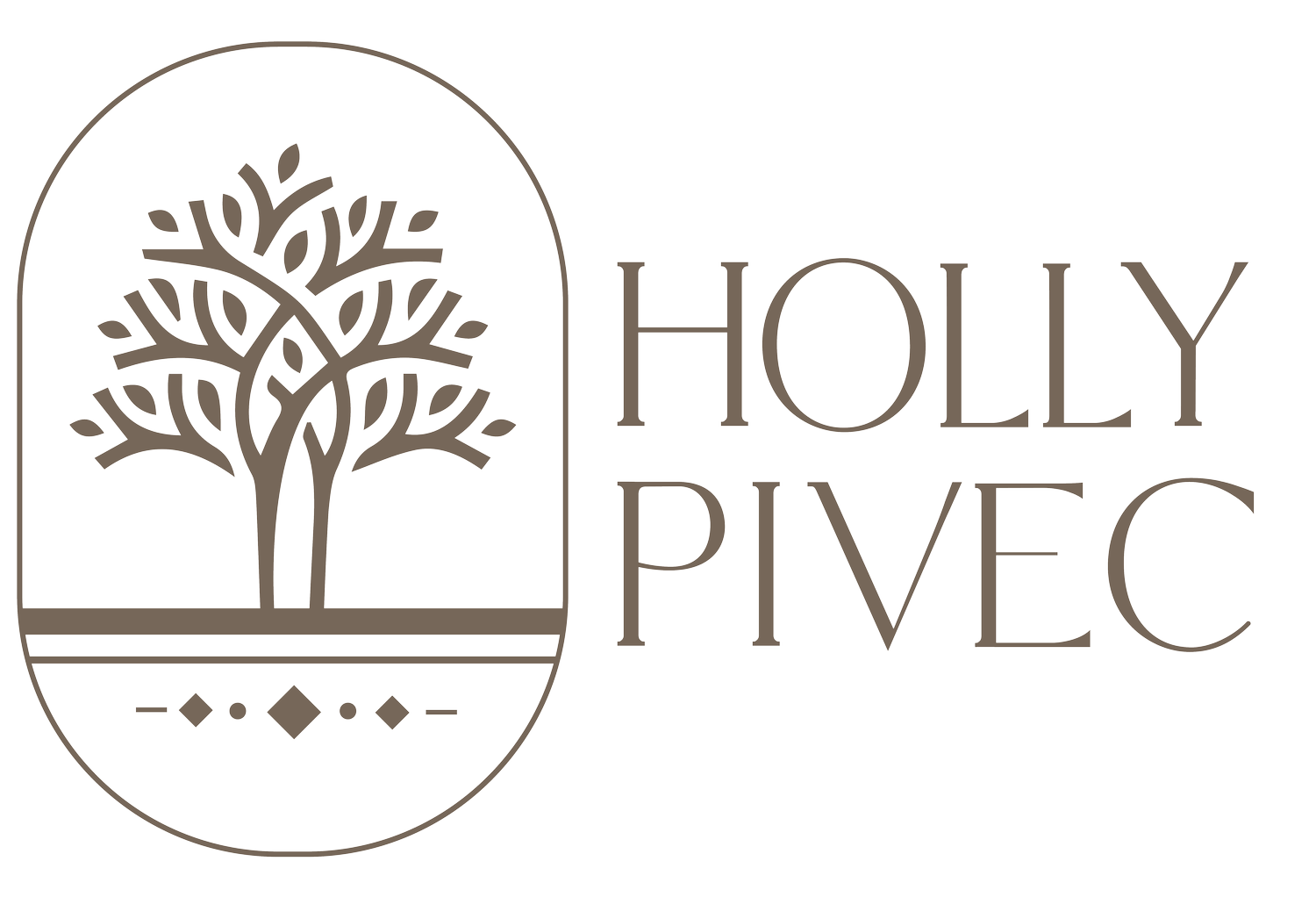On Singing Old Songs
C.S. Lewis made a famous argument for the importance of reading classic books, those written in previous eras. Lewis argued that there are "dangers" in an "exclusive contemporary diet" because books have "hidden implications" that even the authors themselves are unaware of. Every age has its blind spots. But classic books have stood the test of time and reading them provides perspective on the "controversies of the moment."
Lewis’ observations are profound. And I think they can equally be applied to today's worship songs.
Consider his words:
Every age has its own outlook. It is specially good at seeing certain truths and specially liable to make certain mistakes. We all, therefore, need the books that will correct the characteristic mistakes of our own period. And that means the old books. . . . None of us can fully escape this blindness, but we shall certainly increase it, and weaken our guard against it, if we read only modern books. . . . Not, of course, that there is any magic about the past. People were no cleverer then than they are now; they made as many mistakes as we. But not the same mistakes. They will not flatter us in the errors we are already committing; and their own errors, being now open and palpable, will not endanger us. Two heads are better than one, not because either is infallible, but because they are unlikely to go wrong in the same direction.
Couldn’t the same be said about songs? A diet consisting almost entirely of modern music is deficient. But when we also sing music from previous eras we see marked differences in the theology, themes, and emphases. The predispositions of our own era's lyrics are brought to light, and our personal theology and assumptions are challenged in the process. And that is a valuable thing.
Read Lewis’ essay, “On Reading Old Books,” here.

